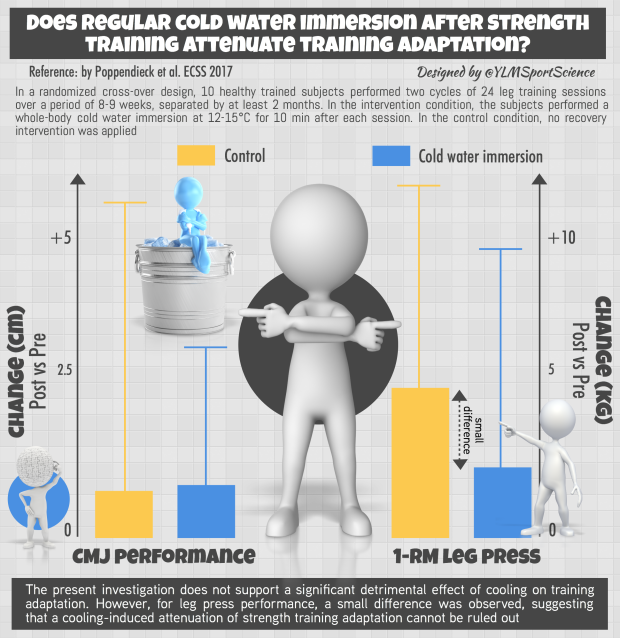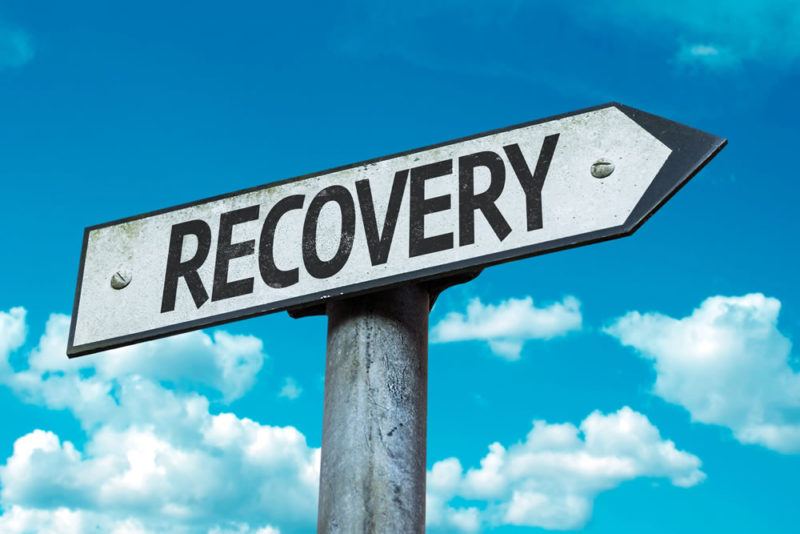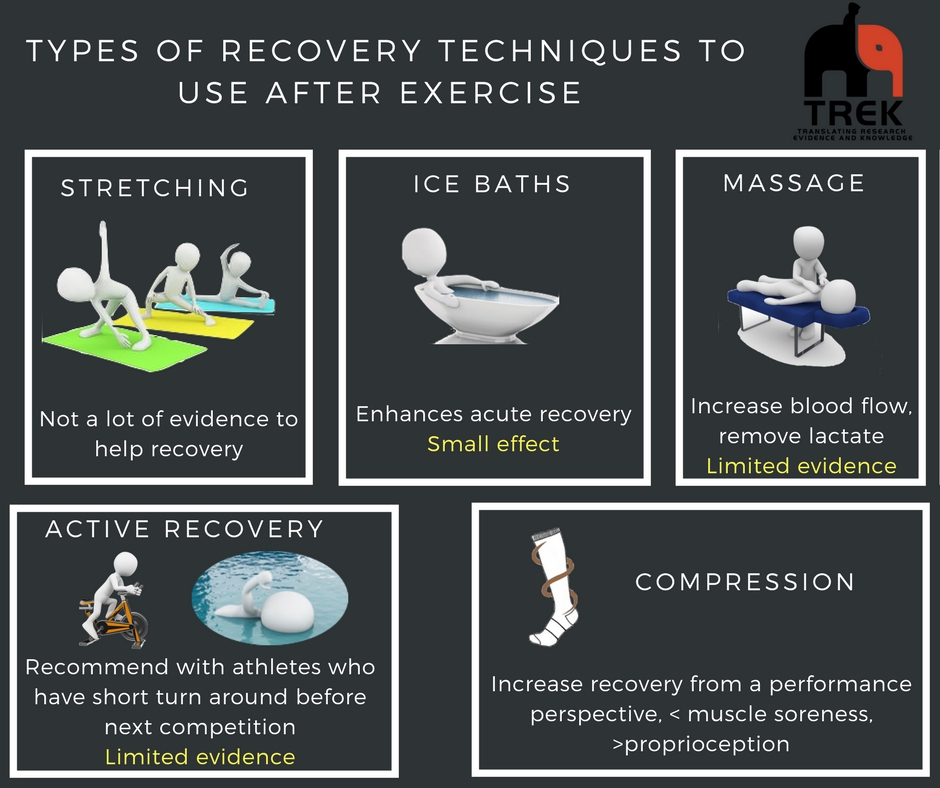Successful performance of an athlete can be influenced by the rate and quality of recovery. Looking into interventions and their effect on fatigue, muscle injury, recovery and performance is important.
Recovery aims to restore physiological and psychological processes, so that the athlete can compete or train again at an appropriate level. Recovery from training and competition is complex and is affected by numerous factors. Here we discuss points to consider.
Water therapy
Research:
- Studies show up to 96 hour reduction in muscle soreness after cold water immersion
- Consideration should be given to the amount of time until the next training session or competition, does the exercise involve muscle damage?
- Repeating the recovery may be beneficial with contrast water therapy
- Maximal short duration efforts? If so the cold water immersion may be detrimental. Consideration must be given to potential change in muscle and core temperature and whether it will enhance performance or reduce performance
- High intensity efforts eg. crossfit comp – do not recommend cold water immersion to close to that effort.
- Need to warm up muscle, think about time between exercise efforts
Recommendations:
- Cold water immersion 10-15deg for cold water
- 38-40deg for hot water
- ratio for hot: cold 1:1
- 7 rotations of 1 minute hot and 1 minute cold
- duration of 14-15mins
- body size need to be taken into consideration
- children do not thermos-regulate as well as adults
- some evidence to say <10deg C stimulates nociceptors
- water less than 34deg C will cool down

Infographic: ylmsportscience.com
Sleep
Sleep:
- sleep is a brain dump
- we run on a circadian clock
Good sleep:
- fall asleep within 30mins
- sleep through the night with brief awakenings
- refreshed within 1 hour of awakening (5-7 days of the week)
- shouldn’t need alarm clock
Sleep deprivation:
- must be great than 30 hours to have impact on performance
- need 3-4 nights of bad sleep before performance is effected
- longer the event more effect on performance
- sleep deprivation increases pain sensitivity and vulnerability to pain
- pain can enhance arousal and disrupts sleep
Why don’t athletes sleep?
- use of phones
- temp of room
- fatigue, soreness, injury
- poor routine
- poor sleep hygiene
- sharing rooms
- using computers, tv, phones in bed
- competition timeshttps://www.ncbi.nlm.nih.gov/pubmed/8112265
- jetlag
- lack of understanding the importance of sleep
Recommendations:
- the body likes routine
- napping late in day will effect sleep – better to get consistent sleep
- room temperature set for 19-21 deg
- plan fluid/food intake
- remove tv, computer, interenet from bedroom
- napping depends on if it interferes with night time sleep.

Infographic: ylmsportscience.com

